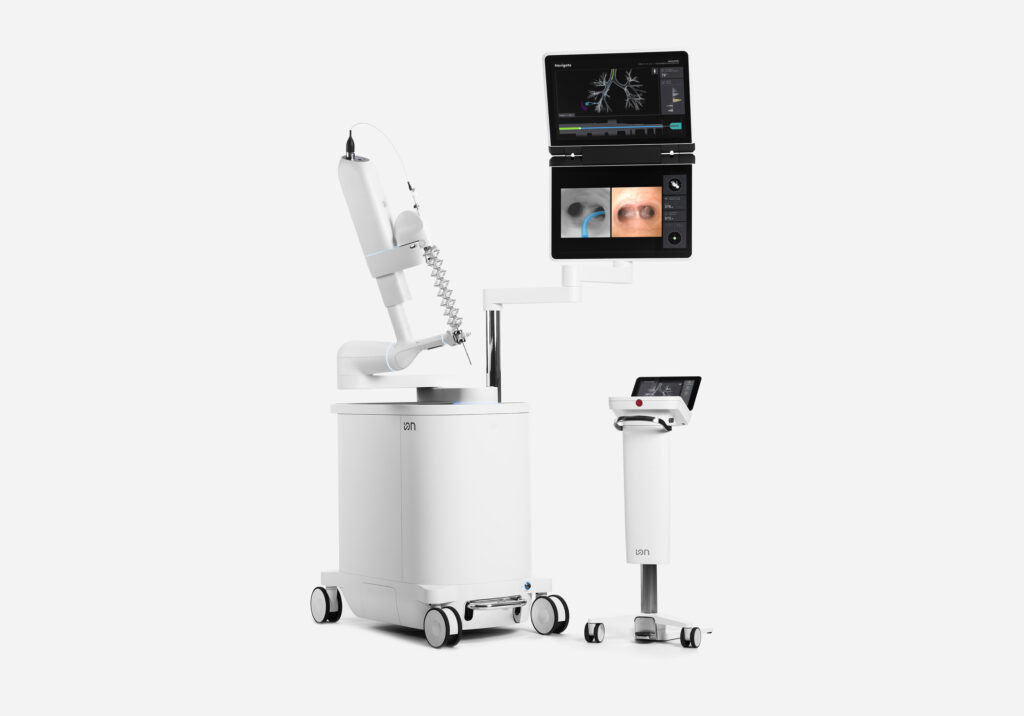Quick, accurate diagnosis is paramount in creating an effective cancer treatment plan, and oftentimes, a myriad of different tests, tools and resources may be used to reach a conclusive cancer diagnosis. From screenings to blood tests to biopsies, our providers look to our full-suite of advanced services to diagnose everything from lung cancer to breast cancer to gastrointestinal cancer and more.
Screenings
Many patients first find out that they may or do have cancer through routine screenings, including mammograms, colonoscopies, low-dose CT scans, pap smears and prostate cancer tests. Patients who have a cancer discovery during a screening are often given more favorable prognosis than those who find cancer due to a symptom, which is why making time for the screenings that apply to you should always be a top priority.
Imaging
Advanced imaging technology can be used to provide a detailed picture of internal organs and tissues, which allows providers to detect and identify cancer. These imaging services include computerized tomography (CT or CAT scan), magnetic resonance imaging (MRI), ultrasound imaging (sonography), positron emission tomography (PET), PET/CT scanning and more.
Biopsy
A biopsy is a procedure in which cells are taken from potentially cancerous tissue for further diagnostic testing. A biopsy may be performed on tissue that is currently within the patient’s body, or it can be performed on a tumor that has already been removed.
Interventional Radiology
Lab Tests
Tests on bodily fluids such as blood and mucus can be conducted to look for markers of cancer, and give your provider intel on your overall health.
Ion robotic-assisted bronchoscopy system
Baptist Health is now utilizing a groundbreaking technology aimed at transforming the diagnosis and treatment of lung cancer. The new tool, the Ion robotic-assisted bronchoscopy system, aims to improve early detection and provide faster access to life-saving treatments.
Physicians at Baptist Health’s hospitals in Little Rock, North Little Rock and Fort Smith use the Ion technology.
Lung cancer diagnosis often requires biopsies of lung nodules, which can be located in difficult-to-reach areas of the lungs. As a result, many patients face the challenge of “watchful waiting” – undergoing prolonged monitoring with imaging but without definitive diagnosis, leading to increased anxiety and potential delays in treatment.
The Ion system, however, enables precise, minimally invasive biopsies even for small and hard-to-reach nodules, allowing for earlier and more accurate diagnoses.
According to the American Lung Association, Arkansas has one of the highest lung cancer incidence and mortality rates in the nation, ranking among the states with the worst lung cancer survival rates. The introduction of the Ion system is a critical step in addressing this urgent public health issue.



